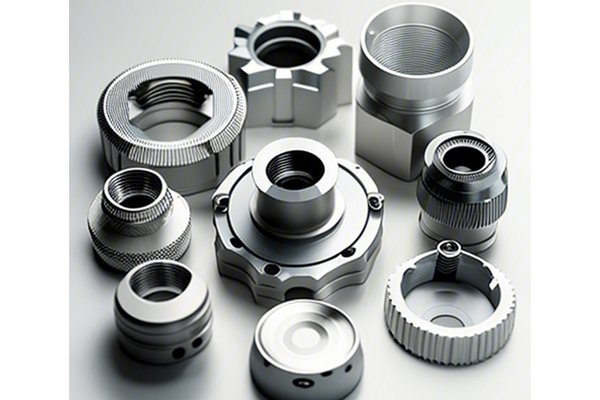Did you know that companies with effective after-sales service can see customer retention rates soar by over 30%? The importance of after-sales service cannot be understated—particularly in industries where precision and quality are paramount, such as CNC machining. As manufacturers increasingly adopt CNC (Computer Numerical Control) technology, ensuring excellent after-sales service has become imperative for maintaining customer satisfaction, gaining a competitive edge, and reducing operational costs. In this blog post, we will explore how CNC machining can enhance after-sales response speed, the technologies involved, and actionable strategies for implementation.
Understanding CNC Machining and After-Sales Service
CNC machining is a process that uses programmed commands to control the movement of factory tools and machinery. This technology allows for precise manufacturing of parts and components across various industries, including aerospace, automotive, and medical devices. However, machine precision alone does not ensure customer satisfaction. A strong after-sales program is critical. It not only helps in dealing with issues related to the machining process but also fosters long-term relationships with clients.
The Role of After-Sales Service:
After-sales service encompasses all the steps taken once a customer has made a purchase. It addresses installation, maintenance, customer support, and other forms of assistance. When it comes to CNC machining, the after-sales service can involve addressing residual issues, quality verification, and ongoing support for product optimization. Effective after-sales service ensures that products are functioning as intended and meets customer needs dynamically over time.
The Need for Speed in After-Sales Response
In a fast-paced market, customer patience is dwindling. A delay in addressing after-sales issues can lead to dissatisfaction, damage to trust, and ultimately, loss of business. A recent survey found that nearly 70% of customers expect a response to their inquiries within 24 hours. In the CNC machining industry, this expectation is more pronounced due to the complexity of machined parts, where any delay can affect the overall production timeline of a client’s project.
How CNC Machining Can Improve After-Sales Response Speed

In conclusion, enhancing after-sales response speed in CNC machining plays a vital role in ensuring customer satisfaction and maintaining a competitive edge in the market. By adopting key strategies such as real-time monitoring, CRM systems, efficient inventory management, and leveraging emerging technologies, manufacturers can streamline their processes and create valuable relationships with clients.
This blog serves as a reminder of the importance of superior after-sales support in the CNC machining sector. In an era where client expectations are ever-increasing, it is essential to focus on not just winning customers but also keeping them satisfied. By implementing these strategies, companies can create a robust after-sales service framework that not only responds quickly but also fosters trust and loyalty among their clientele. Remember, in the world of CNC machining, speed, efficiency, and customer satisfaction go hand in hand, driving the success of your organization in this competitive landscape.






